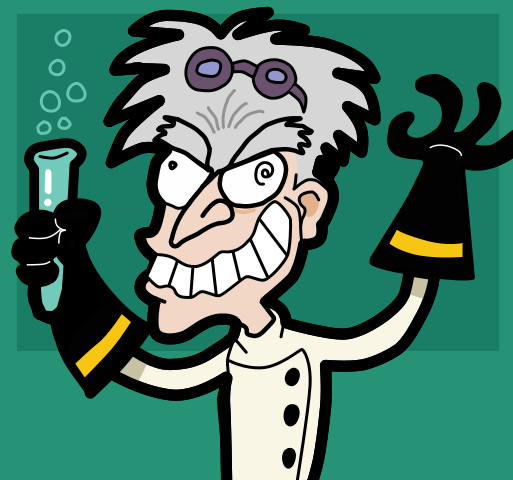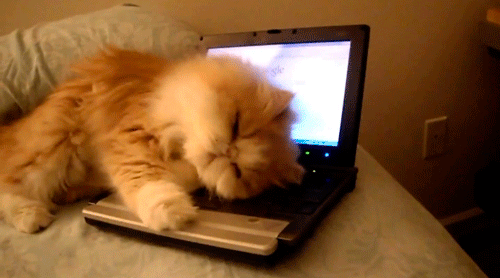Exhibit A: Things Christian and Lyla say to each other as they’re beginning to work.
“Oh god, we’re so behind.”
“This week has been awful.”
“Did we ever get around to doing. . .” “Oh right. . . “
Exhibit B: Things Christian and Lyla say to each other when working.
“That’s false, that’s not a thing.”
“That makes no sense, let me explain.”
“Oh my gosh, Christian. Focus!”
Exhibit C: Things Christian and Lyla say when they’re done working.
“Wow, that was actually really productive.”
“Huh, I never thought we’d get this done.”
“I’m so excited for where this is going.”
For us, collaboration is the one thing that will simultaneously make us want to tear our hair out and keep us motivated as we work. There have been many times when we’ll disagree about something, start voicing our ideas, start discussing each idea, start arguing about each idea… still arguing… still arguing… (FYI our stamina is something to be envied).
Flash forward 90 minutes: we realize that we were too busy not listening to each other to see that we were both trying to say the same thing from the beginning. Yeah, it’s frustrating. Now imagine this happening at least five or six times in one sitting - that’s when the hair-tearing begins.
Bear in mind that our arguing activities don’t differentiate between important and unimportant issues. We argue non-discriminantly. We once spent half an hour debating whether it was better to center our presentation titles or to left-align them. Even as we’re sitting here writing this blog post, we’re arguing about what anecdote argument to talk about. Pretty inconsequential, you say? Well, we’re still arguing.
The thing is, it is this incessant arguing that allows us to generate our best ideas. It’s like natural selection - but for ideas. The weakest ideas get destroyed by our criticism and the best ones evolve to be better than they originally were.
We just keep arguing until one of us sees that the other’s idea is better... or we realize that both our ideas suck. But in the best case scenario, both of our ideas merge into an idea better than the ones we started with. So is all the arguing a necessary evil? Unfortunately, yes, because one person cannot catch every mistake or error, but with a good solid team and a few hours of heated debate you can turn one team member’s half baked idea into something a little more bulletproof.
Whenever you tell people that you’re considering getting into research after college, they give you that look that you know means “Are you sure you want to do that?”
Most people have this mental picture of the canonical scientist. Kinda strange, interesting sense of fashion, a head of hair that seems to be a creature on its own - yeah, you know what I’m talking about.
But the most distinctive characteristic of the cartoon-inspired scientist archetype is the fact that it works alone. You’ll be surprised (maybe not really) to know that you’re average scientist, while possibly clothed in interesting apparel and struggling to tame their unyielding hair, is highly unlikely to be one that works alone.
Collaboration is probably one of the most pivotal aspects of doing science. In our personal experiences, it is why we can keep working on that assignment due tomorrow even when both of us are too tired to think, why don’t end up flipping a table when our third trial of our UROP experiment doesn’t work, or why we don’t start crying when we try to read a paper that is 95% unintelligible words and 5% “the” and “and”. Collaboration is also the reason why we decided that science is the thing for us - why we’re willing to put up with the mad scientist stereotype for the next few decades.
- collaboration by Christian and Lyla.














